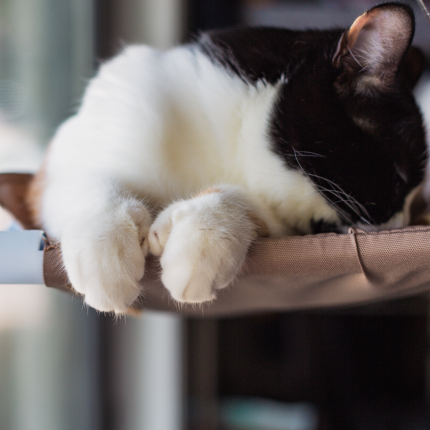Silver Vine: A Purr-fect Alternative to Catnip for Your Feline Friend
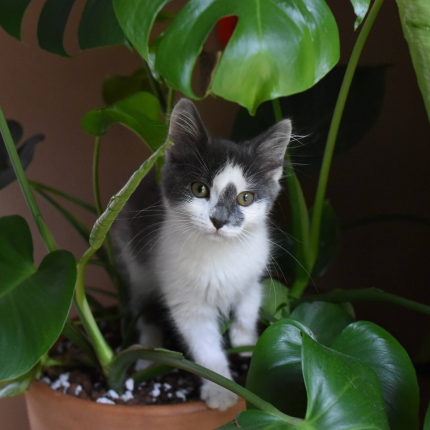
Cats, with their keen sense of smell, are known to be intrigued by various scents. Catnip, the most famous of these scents, often triggers playful reactions in our feline companions. However, what if your cat doesn’t seem too interested in catnip? The solution might lie in lesser-known alternatives like silver vine, honeysuckle, or valerian. In this article, we’ll explore the fascinating world of silver vine and why it’s gaining popularity among cat enthusiasts.
What is Silver Vine
Silver vine, scientifically known as Actinidia polygama, is indigenous to the mountainous regions of China, Japan, and Russia. This unique plant is a member of the kiwi family (Actinidiaceae) and gets its name from the silver-white marks adorning its leaves. It boasts white, cup-shaped flowers and dioecious characteristics, meaning each plant is either male or female, necessitating both for fruit production. The plant’s orange, egg-shaped fruit contains an impressive five times more vitamin C than black currants, making it a remarkable natural source of this essential nutrient.
In traditional medicine, silver vine is considered a medicinal plant, occasionally employed in alternative medicine preparations. In larger quantities, its leaves are known to have mild hallucinogenic effects on humans.
Silver Vine’s Effects on Cats
Indoor cats thrive on a variety of stimuli to keep them content. Silver vine offers a euphoric experience for cats akin to the effects of catnip. When a cat encounters silver vine, the effects are immediate and last for around 30 minutes. These effects include behaviors such as sedation, hyperactivity, rolling, and licking. In some Asian countries, the reaction of cats to silver vine is humorously referred to as the “matatabi dance.”
Research conducted at Harvard University has uncovered that one of the active components in silver vine, nepetalactol, stimulates the reward and pleasure center in a cat’s brain. This reaction is similar to the way the human opioid system responds to morphine. Remarkably, silver vine is not addictive for cats. Furthermore, cats that rub against this plant gain the added benefit of a natural insect repellent.
Silver Vine vs. Catnip: Who Wins?
A 2017 study revealed that nearly 80% of cats responded positively to silver vine, surpassing the 68% of cats that responded to catnip. Interestingly, approximately 75% of cats unresponsive to catnip displayed a positive reaction to silver vine. However, it’s worth noting that kittens under 8 months old and pregnant females are less likely to respond to silver vine, or their reactions may be less pronounced.
Both catnip and silver vine produce allomones, which induce reactions through smell rather than ingestion. Catnip’s active component is nepetalactone, while silver vine contains six active ingredients similar to nepetalactone, along with two additional active compounds: actinidine and dihydroactinidiolide.
How to Offer Silver Vine to Your Cat
The most potent formulation of silver vine is powder derived from the silver vine gall fruit. Silver vine sticks, on the other hand, aid in tartar removal from your cat’s teeth due to the chewing action. However, it’s crucial to supervise your cat while they enjoy these sticks, as small fragments may break off and pose a choking hazard.
Is Silver Vine Safe for Consumption?
Yes, cats can safely consume silver vine in various forms, including sticks, gall fruit (powdered or whole), sprays, or powders made from different parts of the plant, such as the leaves and fruit fragments. Gall fruit, considered the most potent form, results from flies laying eggs in the silver vine fruit, forming galls with concentrated active compounds. These galls are then treated for safe consumption by dipping them in boiling water and drying them in the sun. You can offer the finished product to your cat as-is or grind it into a powder.
Before introducing silver vine to your cat’s routine, it’s advisable to consult your veterinarian to ensure it’s a safe and suitable option. Additionally, always supervise your cat while they enjoy silver vine in any form, considering the potential medicinal effects of the gall fruit and the choking risk associated with silver vine sticks.
Silver vine offers a delightful and stimulating experience for your cat, contributing to their overall well-being. By understanding this alternative to catnip and taking appropriate precautions, you can introduce your feline friend to a new world of sensory delight and playful excitement.

Featured Articles
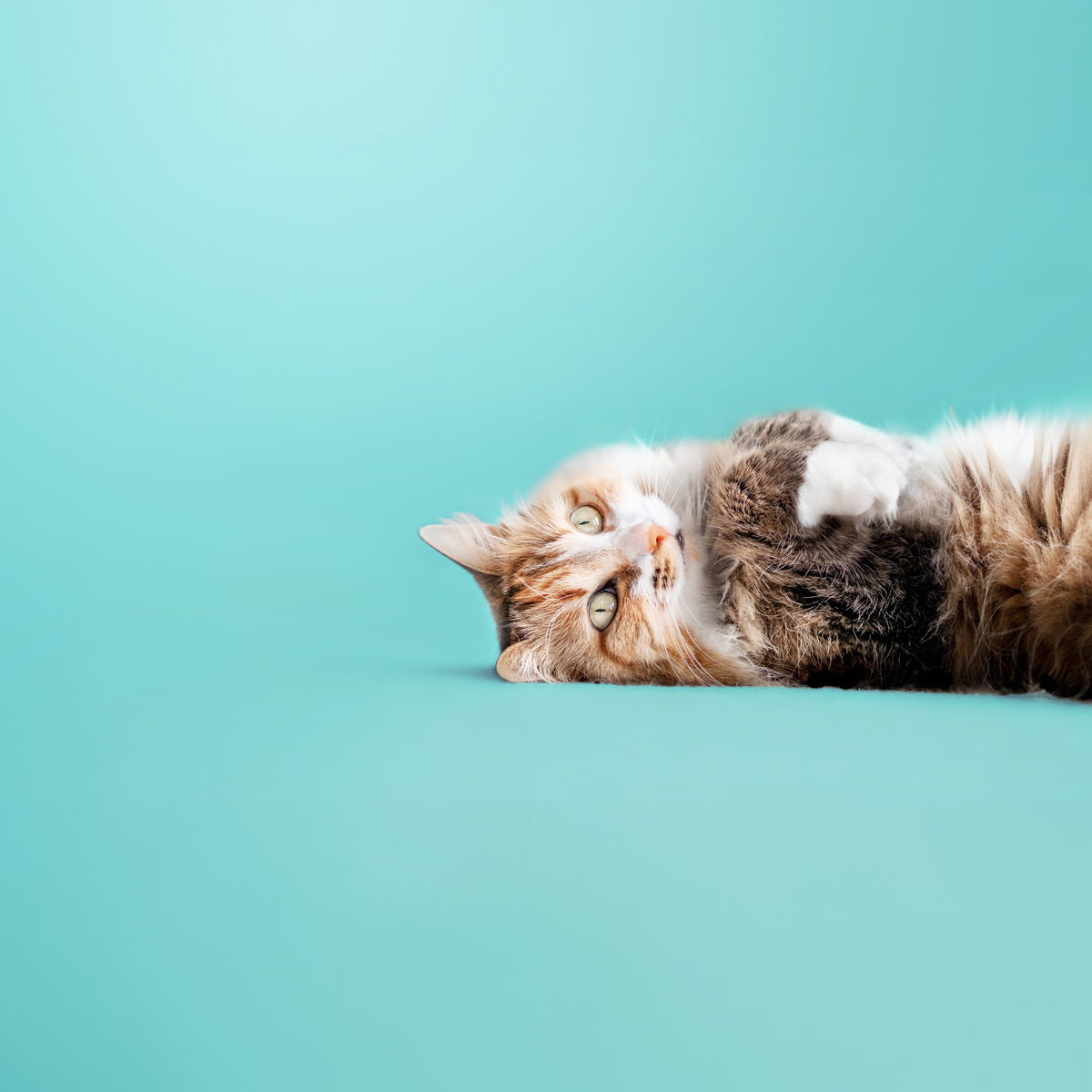
Why Do Cats Roll Over Into Their Backs But Not Let You Touch Their Bellies?
It’s common knowledge dogs love to have their tummies rubbed when they freely lay down before you and roll onto their backs. But, if you’re also familiar with cats, you know that when they roll onto their backs with their bellies exposed, rubbing the belly will most likely result in…
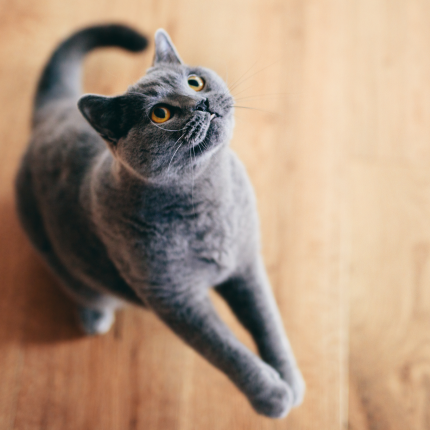
Greebles and Cats: The Origin and the Meaning
You may have seen an internet sensation concerning cats labeled “greebles.” Feel out of the loop? We’re here to help you. In 2019, Reddit user /user/literallyatree commented on a Reddit post about a cat that looks like it’s trying to slap a ghost. This user commented: “My family calls things…
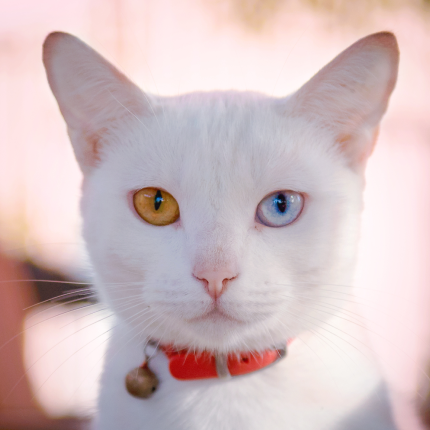
The Odd-Eyed Cat (AKA Heterochromia)
Cats are already beautiful and fascinating creatures, but people are bound to take notice when they have something as captivating as two different colored eyes. Odd-eyed cats always have one blue eye paired with either a green, yellow, or brown eye. This form of heterochromia occurs in other animals, including…
